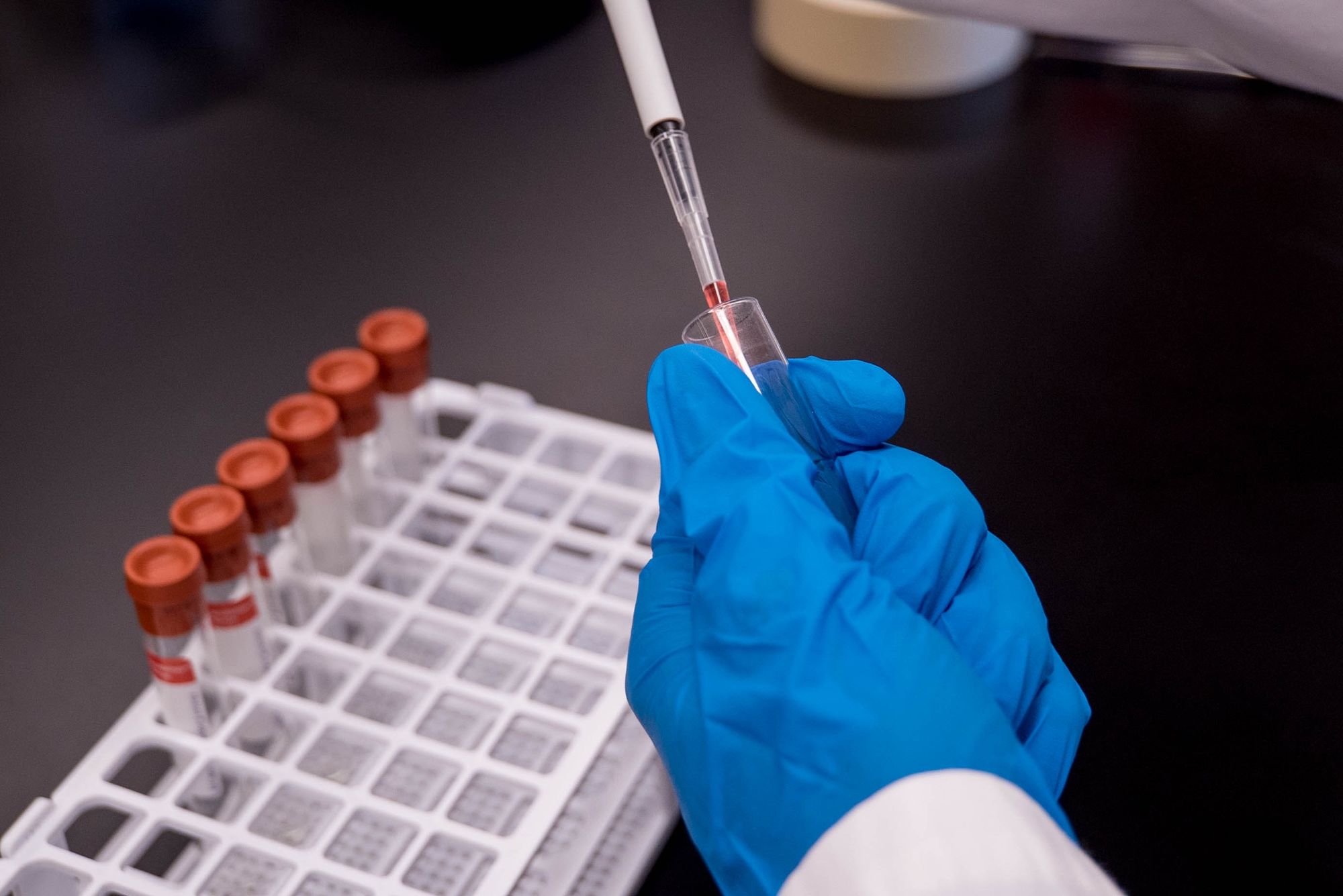First Case of Coronavirus in NYC: Here’s What You Need to Know


New York State confirmed its first case of coronavirus, Governor Andrew Cuomo announced on Sunday. The patient is a 39-year-old woman residing in Manhattan, who recently came back from Iran, where she contacted the virus. She is currently isolated at home and is in stable condition.
“The patient has respiratory symptoms, but is not in serious condition and has been in a controlled situation since arriving to New York,” Governor Cuomo said in a statement on Sunday. “There is no cause for surprise — this was expected. As I said from the beginning, it was a matter of when, not if there would be a positive case of novel coronavirus in New York.”
The novel coronavirus, COVID-2019, originated in Wuhan in China’s Hubei province in late 2019. And while the risk of contracting the virus is low in New York, more than 80 people in the US have the virus and in Iran, the epicenter of the outbreak in the Middle East, has officially confirmed 987 cases, according to the New York Times.
The test was confirmed by New York’s Wadsworth Lab in Albany. The patient is a health care worker who was working in Iran and came back last Tuesday to New York. She wasn’t symptomatic on her flight and did not take any public transportation, Cuomo added, as she was very aware of the potential for this situation.
“There is no reason for undue anxiety — the general risk remains low in New York,” Cuomo said. “We are diligently managing this situation and will continue to provide information as it becomes available.”
Today at a briefing on the virus at Cuomo’s office, he reminded that the mortality rate is estimated to be about 1.4% for the coronavirus according to the Centers for Disease Control and Prevention (CDC). Those affected tend to be vulnerable patients, like senior citizens. In comparison, the normal flu mortality rate is about 0.6%.
Other city authorities encourage New Yorkers not to panic and ensure the public the situation is under control.
“From the beginning, we have said it was a matter of when, not if there would be a positive case of coronavirus in New York. Now our first case has been confirmed. The patient contracted the virus during recent travel and is isolated in her home under close monitoring,” Mayor Bill de Blasio said in a statement yesterday. “Our health authorities have been in a state of high alert for weeks, and are fully prepared to respond. We will continue to ensure New Yorkers have the facts and resources they need to protect themselves.”
“While we hoped this moment wouldn’t come, it was something we prepared for. Our disease detectives have already identified close contacts of the patient, who may have been exposed, and will take appropriate measures to prevent the spread of COVID-19,” Health Commissioner Dr. Oxiris Barbot stated yesterday. “Despite this development, New Yorkers remain at low risk for contracting COVID-19. As we confront this emerging outbreak, we need to separate facts from fear, and guard against stigma and panic.”
The stigma and panic have already affected Chinatowns and Asian-American communities in Brooklyn and across the city, causing lower patronage amongst local businesses.
“We’ve also received reports that because of the paranoia and because of the fear, there are people who are even afraid to shop along Asian-American small business corridors,” Councilmember Mark Treyger said earlier in February at a coronavirus press conference. “That’s hurting small Asian-American businesses, and that’s really unacceptable. There’s a famous quote in American history, ‘The only thing we have to fear is fear itself.’”
With the paranoia, New Yorkers hit the grocery stores this weekend to stockpile dry goods, with lines wrapping through the store, said a crew member and store artist Amanda Reece at the City Point Trader Joe’s location in Downtown Brooklyn. The store was so busy, they didn’t have enough employees to restock the shelves and man the registers.
“The chaos began as soon as we opened,” she told us today. “Everybody was buying a lot of hand sanitizer spray and lots of people were buying canned beans, canned chili, canned soup, and dry goods. A lot of customers were talking about the coronavirus to the employees.”
While there is currently no vaccine for the novel coronavirus, everyday preventative actions can help stop the spread of this and other common respiratory viruses:
- Wash your hands often with soap and water for at least 20 seconds. If soap and water are not available, use an alcohol-based hand sanitizer.
- Avoid touching your eyes, nose, and mouth with unwashed hands.
- Avoid close contact with people who are sick.
- Stay home when you are sick.
- Cover your cough or sneeze with a tissue, then throw the tissue in the trash.
- Clean and disinfect frequently touched objects and surfaces.
- Individuals who are experiencing symptoms and may have traveled to areas of concern or have been in contact with somebody who has traveled to these areas should call ahead to their healthcare provider before presenting for treatment.
New Yorkers can call the State hotline at 1-888-364-3065, where experts can answer questions regarding the novel coronavirus. In addition, the Department has a dedicated website with updated information.